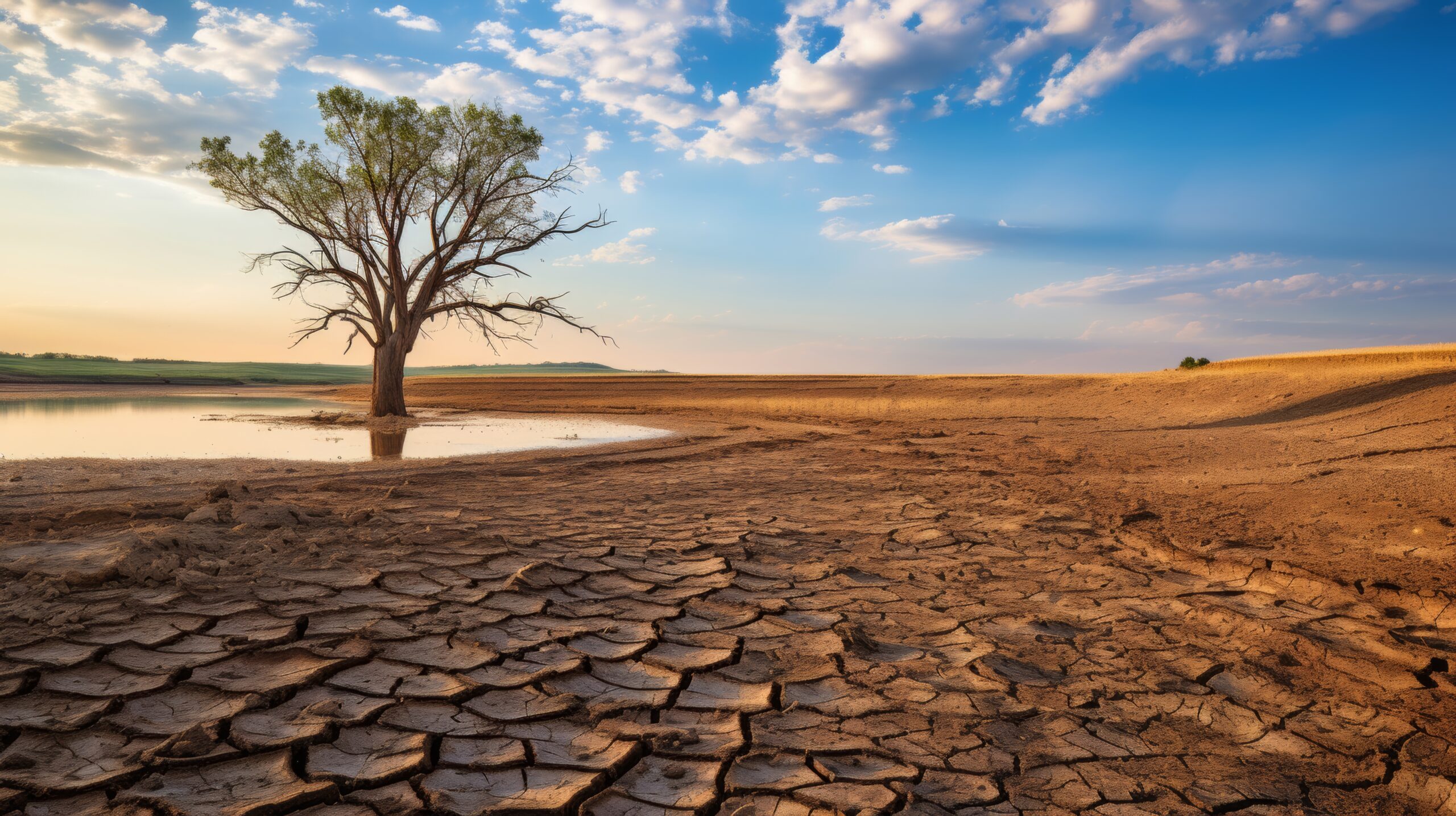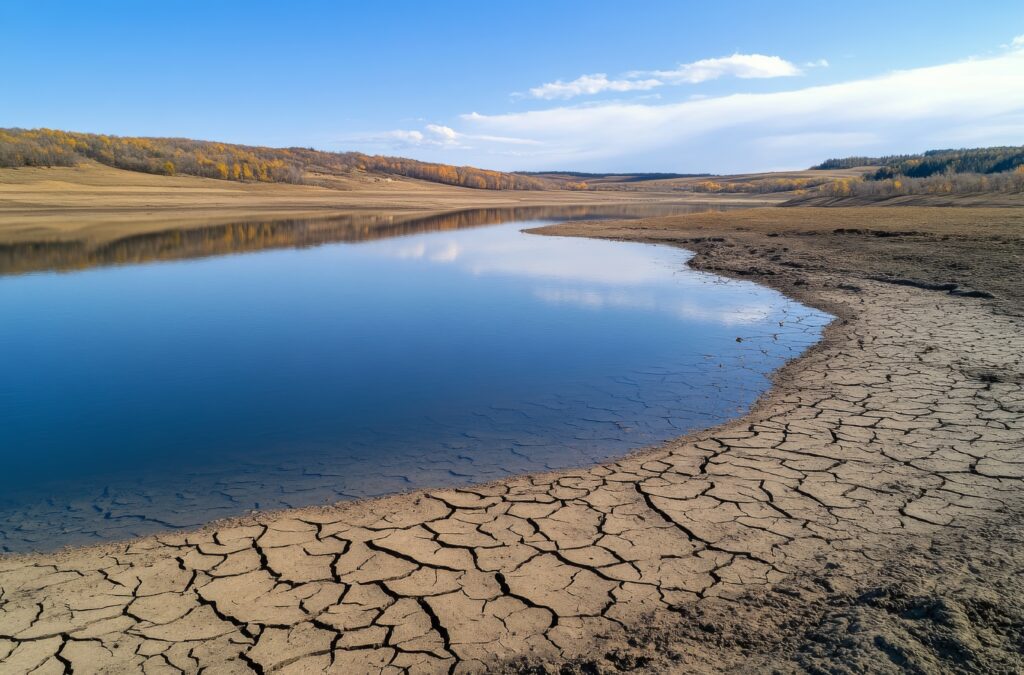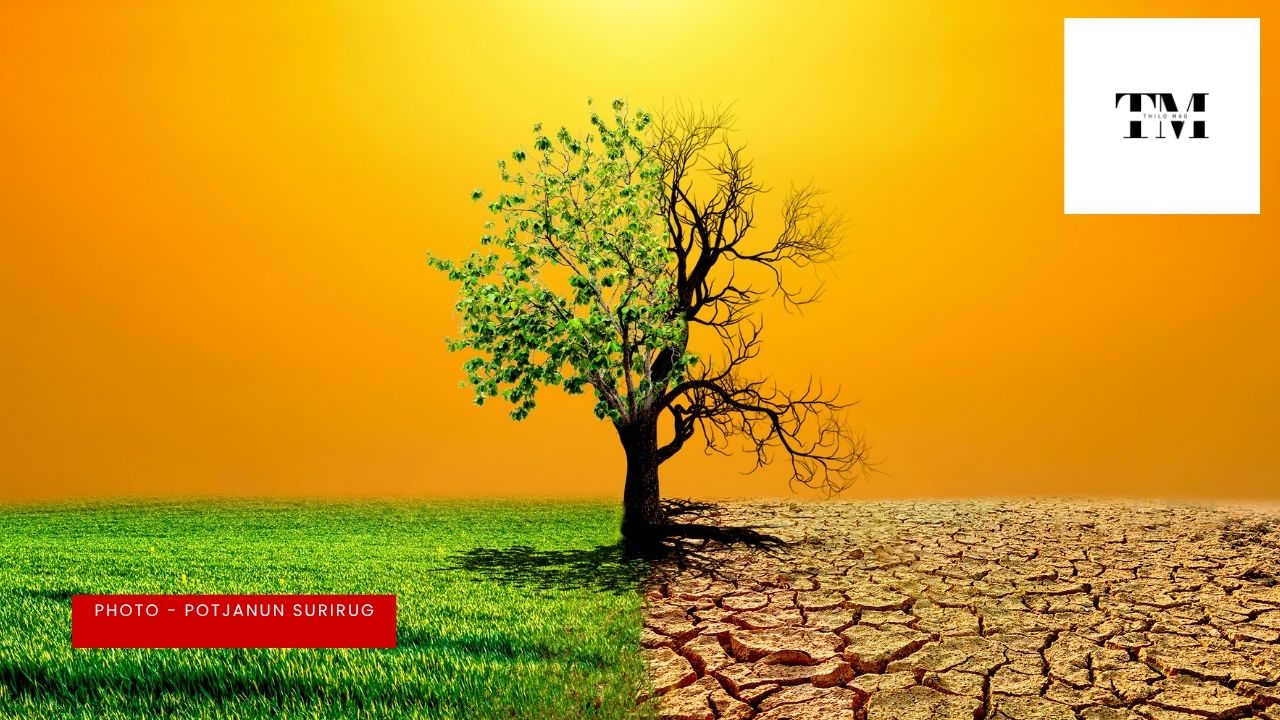
The title “We Are Not Guiltless of Climate Crisis“ recognizes and attributes blame to man for climate issues in relation to his activities, inactions and actions.
Climate change also foresees long-term variations in weather and temperatures. These are mainly human-induced, brought about by variations in the activity of the sun or massive volcanic eruptions. Human activities spanning centuries have been the cause of climate change for which one of the most significant is the burning of fossil fuels like coal, oil and gas.
No other endeavor has had a negatively impactful role as the combustion of fossil fuel that releases greenhouse gases that function as a quilt covering the planet, trapping the heat of the sun and warming temperatures. Science evidence gives legitimacy to the above. The most prominent greenhouse gases causing climate crisis are carbon dioxide and methane caused by using gasoline to travel or coal to heat a building. Land clearing and tree felling also mobilize carbon dioxide.
The effects of our deeds are on us as the planet is heating more rapidly than at any point in at least the past two millennia. The Earth‘s surface temperature is now roughly 1.2°C higher than it was during the late 1800s (prior to the industrial revolution) and higher than at any point in the past 100,000 years. The period 2011–2020 was the warmest decade ever recorded, and every one of the last four decades has been warmer than any previous decade since 1850.
David King was right when he said “Climate change is the most severe problem that we are facing today, more serious even than the threat of terrorism.”.
At least one degree Celsius warmer than before industrial times and close to what scientists warn would be “an unacceptable risk“ says a September 2019 World Meteorological Organization (WMO) report. The 2015 Paris Agreement on climate change calls for limiting eventual warming “well below“ two degrees Celsius, and to make efforts to limit the increase further still, to 1.5 degrees. But if we do not limit global emissions, temperatures will rise to over three degrees Celsius by 2100 and cause more irreparable harm to our ecosystems.
Polar and mountain ice and glaciers are already melting at a record pace, causing sea levels to rise. Close to two-thirds of the world‘s urban agglomerations with over five million inhabitants are located in sea level rise vulnerable areas and close to 40 per cent of the world‘s population live within 100 km of a coastline. Unless action is taken, entire New York, Shanghai, Abu Dhabi, Osaka, Rio de Janeiro neighborhoods and countless other cities could be under water in our own lifetime, having displaced millions of people.
State of the Global Climate 2024 confirms that 2024 was the warmest year on record with a global temperature of 1.55 ± 0.13 °C above the pre-industrial average. The year 2025 is witnessing continuing, and in some cases accelerating impacts of climate change. An important report by the World Meteorological Organization (WMO) indicates a 70% chance that the five-year average global temperature for 2025–2029 will exceed 1.5°C above pre-industrial levels. This is more than alarming.
CONSEQUENCES OF CLIMATE CHANGE - The disastrous consequences of climate crisis have been felt in areas like:

Food and Water Shortages
Climate change has had a profound impact on our soils, resulting in degradation. Changes in weather patterns cause floods that destroy crops and other agricultural products. A region can receive too much heavy rainfall, but another is affected by abnormally prolonged heatwaves that result in drought so that the crops are scorched to death. It also causes low rainfall that results in water shortages and crop destruction. It limits food and water availability.
Loss of Life
A number of lives have been lost due to extreme weather conditions such as forest fires and tornadoes.
Wildland fires
often more than not occur in wildland areas driven by arid weather and strong wind that quickly germinate and bring enormous destruction and loss of life.
Mass Displacement
A large number of people have been made homeless by flood. The need to survive and search for shelter forces them to seek alternative locations. This places them in a desperate position and vulnerable. Food insecurity that is a direct result of drought has also been a cause of large-scale migration or displacement where individuals are displaced or moved from their homes or countries to where they believe they can find food and not die of hunger. The impacts of climate change are countless.
MITIGATIONS AND THE WAY FORWARD
While climate crisis simmers and seethes on the surface, we must admit fault for having created it through collective action and admit that it is necessary to act responsibly in curbing its impact.
Although skepticism about being able to win the battle may seem daunting and immobilizing, we require courage, hope and faith to enter into it.
Let us find strength and courage in the enthusiasm of Al Gore, who said:
“The good news is, we have every tool that we need now to meet the challenge of global warming. We have every technology that we need; more are being developed…. But we can’t wait, we shouldn’t wait, we mustn’t wait.”
In a bid to reverse the trend, there is an immediate need to revolutionize the way we grow food, use the land, transport our products, and energize our economies. There should be a transition to alternative forms of energy like solar, wind, hydro and geothermal energy so that the use of fossil fuels is minimized.
Specifically, plant trees and reforest to capture carbon dioxide from the air; encourage walking, cycling and other non-motorized transportation modes and also use sustainable production methods and technology to restrict emissions and waste.


